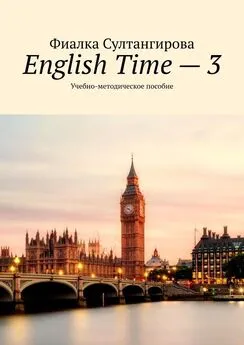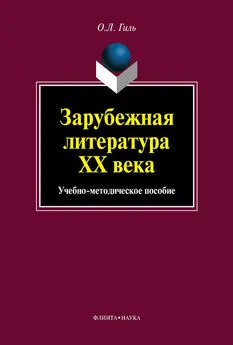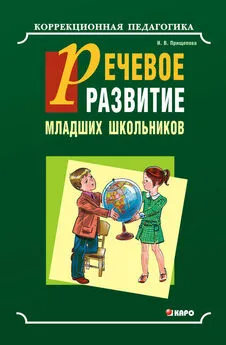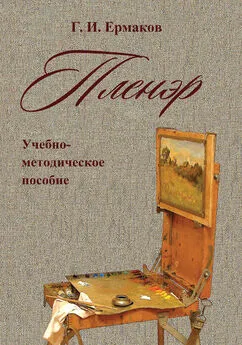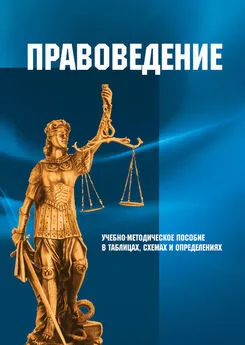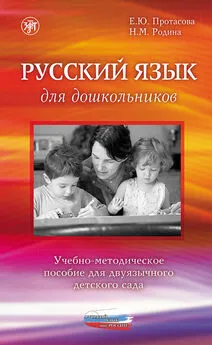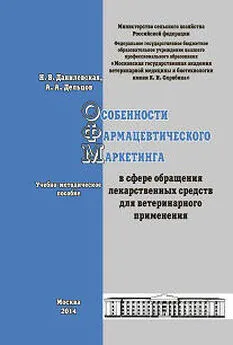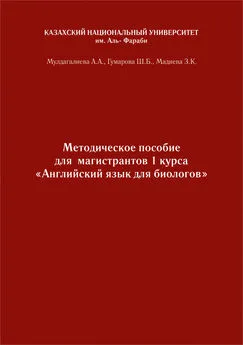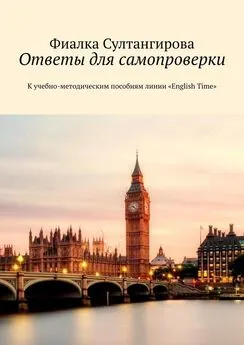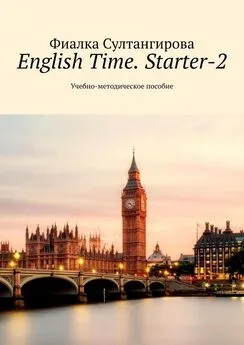Фиалка Султангирова - English Time – 3. Учебно-методическое пособие
- Название:English Time – 3. Учебно-методическое пособие
- Автор:
- Жанр:
- Издательство:неизвестно
- Год:неизвестен
- ISBN:9785005386342
- Рейтинг:
- Избранное:Добавить в избранное
-
Отзывы:
-
Ваша оценка:
Фиалка Султангирова - English Time – 3. Учебно-методическое пособие краткое содержание
English Time – 3. Учебно-методическое пособие - читать онлайн бесплатно ознакомительный отрывок
Интервал:
Закладка:
C)My mother’s name is Gulnara Failevna. She is a teacher of Mathematics. My mother always has a lot of work to do about the house and at school. She ( C) _______ a busy woman and we all help her.
D)Our family is very united. We like to spend time together. In the evenings we watch TV, read books and newspapers, listen to music or just talk about the events of the day.
E)All of ( D) ________like to spend our weekends in the country. We often go to the village where our grandparents live. They ( E) ______ aged pensioners now, but prefer to live in the country. We are happy when we are together.
A 1) our 2) we 3) us 4) ours
B 1) his 2) he 3) him 4) her
C 1) am 2) is 3) are 4) will be
D 1) ours 2) we 3) us 4) our
E 1) was 2) is 3) will be 4) are
2.Установите соответствие между текстами A – E и их темами, выбрав тему 1 – 6 из списка. Используйте каждую тему только один раз. В задании одна тема лишняя.
This text deals with…
1)our hobbies
2)general information
3)about myself
4)my father
5)our weekends
6)my mother
ДОМАШНЕЕ ЗАДАНИЕ
ОБРАЗЕЦ УСТНОЙ РЕЧИ УЧАЩИХСЯ (МОНОЛОГА)
MY FAMILY
1. Hello! My name is ……..
2. I want to tell you about my family.
3. My family is large. I’ve got a mother, a father, a sister, a brother, a grandmother….
4. My mother’s name is __________.
5. She is _____ (forty, thirty-five, thirty)
6. She is a doctor (a bookkeeper, a nurse, a secretary, a teacher, etc.)
7. My father’s name is _______.
8. He is ____ (forty, forty-two, etc.)
9. He is a worker (a baker, a grocer, a driver, a director)
10. I have (haven’t) got a sister (a brother).
11. Her (His) name is _________.
12. She (He) is _______ (18, 20…).
13. She (He) is a student.
14. In the evening all members of our family like to watch TV (play games…)
15. That’s all I want to tell you about my family.
Занятия №№6—8. Настоящие времена: Present Simple/ Present Continuous/ Present Perfect/ Present Perfect-Continuous (утвердительные предложения)
Образование утвердительных предложений
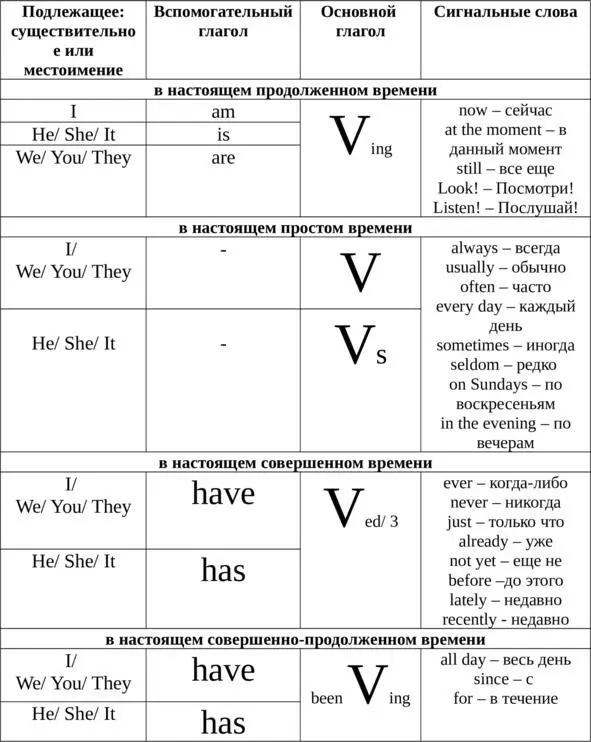
Настоящее продолженное времяупотребляется, когда речь идет о событиях, которые происходят в данный момент (сейчас).
Слова-маркеры настоящего продолженного времени:
now – сейчас
at the moment – в данный момент
still – все еще
Look! – Посмотри!
Listen! – Послушай!
Правило образования:
За подлежащим, выраженным местоимением или существительным, идет вспомогательный глагол to be и основной глагол с окончанием -ing.
I + am + V ing
He / She / It + is + V ing
We / You / They + are + V ing
Например:
I am danc ing now. – Я танцую сейчас.
He is danc ing now. – Он танцует сейчас.
They are danc ing now. – Они танцуют сейчас.
Есть некоторые правила:
– У глаголов, заканчивающихся на — e , уходит конечная гласная:
com e – com ing (приходить),
mak e – mak ing (делать),
writ e – writ ing (писать).
– У глаголов, заканчивающихся на — ie , гласные — ie заменяются на — y :
l ie — l ying (лежать),
t ie – t ying (завязывать),
d ie – d ying (умирать).
– Если короткий глагол заканчивается на гласную с согласной, тогда эта согласная удваивается:
swi m – swi mming (плавать),
sto p – sto pping (останавливаться),
ge t – ge tting (получать).
Примечание:
Глаголы, выражающие чувства восприятия и умственную деятельность в данном времени не употребляются.
to want – хотеть ,
to like – нравиться ,
to love – любить ,
to wish – желать ,
to see – видеть ,
to hear – слышать ,
to feel – чувствовать ,
to notice – замечать ,
to remember – помнить ,
to recognize – узнавать ,
to forget – забывать ,
to seem – казаться ,
to be – быть
УПРАЖНЕНИЯ
Упражнение 1. Вставьте нужную форму вспомогательного глагола BE (am, is, are)в предложения. Переведите их на русский язык.
1. I __________reading a book.
2. We _________drinking coffee.
3. They _______ baking a cake.
4. She ________looking through the window.
5. He ________helping about the house.
6. You __________ watching TV.
7. Grandpa _________reading a newspaper.
8. The kitten _________sleeping.
Упражнение 2. Переделайте предложения так, чтобы глаголы стояли в Present Continuous.
1. I (close) the door.
2. The puppy (sleep) on the mat.
3. The bоуs (write) letters.
4. We (sing) songs.
5. Mother (make) a pie.
6. The bell (ring).
7. The man (drive) a car.
8. You and your brother (play) football.
Упражнение 3. Поставьте глаголы в скобках в Present Continuous.
1. It (rain) all day.
2. I (play) the piano now.
3. Diana (drink) tea.
4. The boy (climb) the tree.
5. The baby (drink) milk.
6. My friends (speak) English.
7. We (read) a magazine.
8. You (write) a letter to your friend.
Настоящее простое времяупотребляется, когда речь идет о фактах, традициях, обычаях, повторяющихся действиях в настоящем.
Слова-маркеры настоящего простого времени:
always – всегда
usually – обычно
often – часто
every day – каждый день
sometimes – иногда
seldom – редко
on Sundays – по воскресеньям
in the evening – по вечерам
Правило образования:
За подлежащим, выраженным местоимением или существительным, сразу идет основной смысловой глагол. Поэтому время называется «простым». Это время образуется простым способом: местоимение / существительное + глагол. В 3-м лице единственного числа глагол имеет окончание -s.
I / We / You / They + V (глагол)
He / She / It + V s
Например:
I swim every day. – Я плаваю каждый день.
He swim s every day. – Он плавает каждый день.
УПРАЖНЕНИЯ
Упражнение 1.Замените местоимение I на местоимение he.
Образец: I go to the office every day. – He go es to the office every day.
1. I write many letters every day.
2. I read books from the library.
3. I study grammar rules by heart
4. I usually go to work by bike.
5. I often meet my friends.
6. I work at school.
7. I come home very late.
8. I have breakfast at 7 o’clock.
Упражнение 2.Допишите окончания глаголов ( -s или -es) там, где это нужно.
1. Shе go… to school by bus.
2. The kitten like… milk.
3. My brother watch… TV in the evening.
4. My dad play… tennis on Sundays.
5. My father drive… a car.
6. Masha sing… very well.
7. He wash… her face and hands in the morning and in the evening.
8. Jack do… his English exercises after school.
Упражнение 3. Поставьте глаголы, данные в скобках, в нужном времени.
1. My sister (talk) to her teacher now.
2. Не (work) every day.
3. Larisa (speak) English very well.
4. My friend (enjoy) cheeseburgers.
5. They (write) letters at this moment.
6. The children (sleep) for two hours every afternoon.
7. Miss White (talk) to Mr Johnson right now.
8. My mother (cook) dinner in the kitchen now.
Упражнение 4. Выберите правильный ответ.
1. We usually… a bus early in the morning to get to work.
a) takes b) take c) are taking d) is taking
2. They… coffee now.
a) drinking b) are drinking c) are drinks d) drink
3. My sister often… our parents.
a) visits b) visit c) is visiting d) am visiting
4.Where is Nina? – She is in the kitchen. She …pizza.
a) makes b) make c) are making d) is making
Читать дальшеИнтервал:
Закладка:
